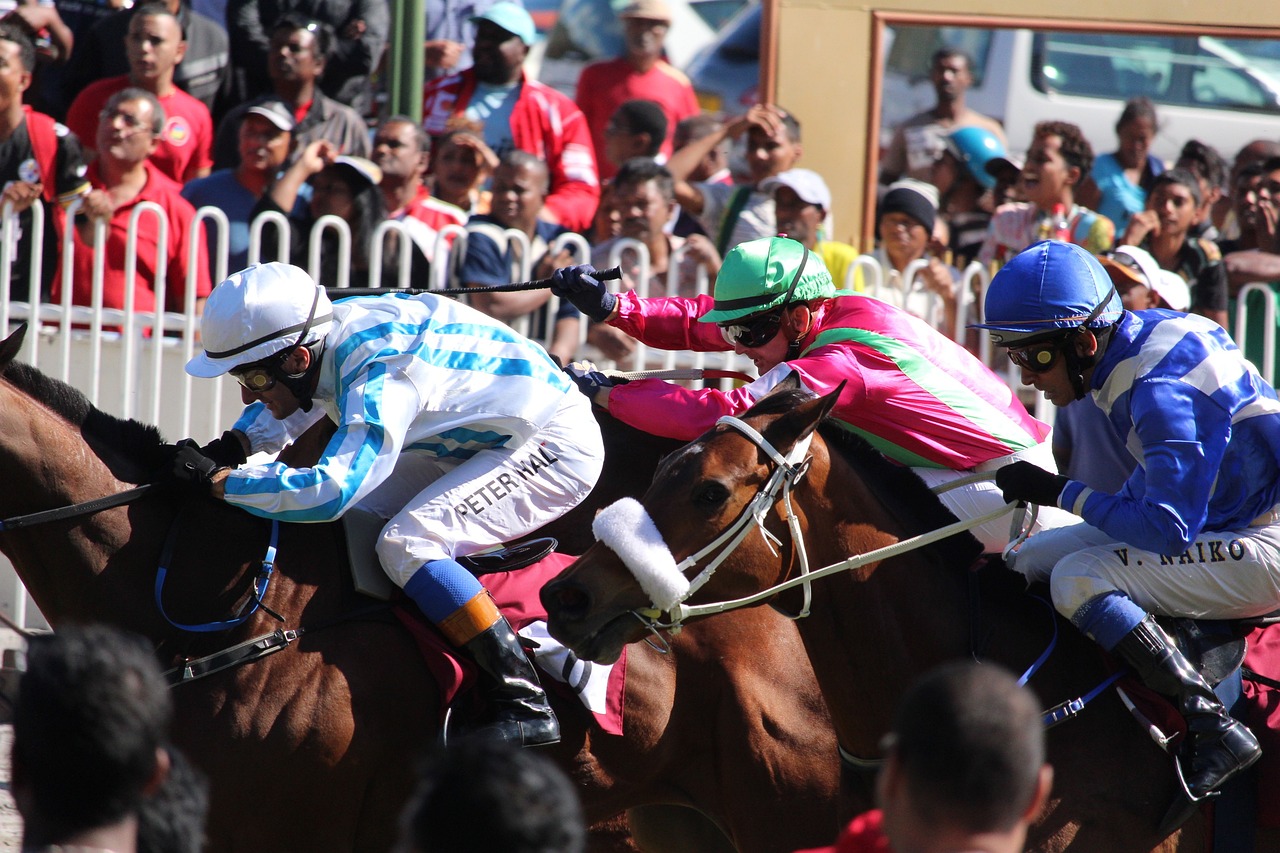
Horse racing, often known as the "Sport of Kings," offers a thrilling mix of speed, strategy, and competition. For students interested in equestrian sports, horse racing can be an exciting avenue to explore, whether as a hobby or a potential career path. This article provides a step-by-step guide for students on how to get started in horse racing, covering everything from initial learning to active participation.
1. Understanding the Basics of Horse Racing
Before diving into horse racing, it's essential to grasp the basics of the sport. Understanding different racing types, the rules, and the roles of various participants can provide a solid foundation for newcomers.
- Learn the Types of Races: Familiarize yourself with the different types of horse races, such as flat racing, steeplechase, harness racing, and endurance racing.
- Know the Rules: Each type of racing has its own rules. Understanding these can help you better appreciate the sport and guide your training decisions.
- Identify Key Roles: Learn about the roles of the jockey, trainer, breeder, and other essential personnel involved in horse racing.
- Follow Major Events: Follow significant horse racing events to get a feel for the sport and community.
As students delve into the exciting world of horse racing, balancing their rigorous training schedule with academic responsibilities can become a significant challenge. Utilizing academic writing services can provide crucial support during this time. Follow this link: https://academized.com/, and you will find a reliable service that can handle essays, research papers, and other assignments, freeing you to focus on improving your equestrian skills and understanding of the sport. By outsourcing some of their academic workload, students can ensure they stay caught up in their studies while pursuing their passion for horse racing, thus maintaining a healthy balance between their sporting and educational pursuits.
2. Joining a Riding School or Equestrian Club
Practical experience is crucial in horse racing. Joining a riding school or an equestrian club can provide the necessary training and exposure to the sport.
- Select a Reputable School: Choose a riding school with a good track record in training novice riders.
- Participate in Regular Sessions: Regular practice is critical to improving your riding skills.
- Learn from Experienced Riders: Benefit from the experience of seasoned jockeys and trainers.
- Engage in School Competitions: Participate in competitions the school hosts to gain real racing experience.
Joining a reputable institution provides structured learning and helps you build essential connections in the horse racing world.
3. Gaining Hands-On Experience
Once you have some basic skills, gaining hands-on experience in horse racing is vital. This experience can be obtained through volunteering, internships, or part-time jobs in the racing industry.
- Volunteer at Local Stables: Gain exposure to the daily care of racehorses.
- Seek Internships with Racing Stables: Internships can provide a deeper insight into the operational aspects of horse racing.
- Work Part-Time as a Stable Hand: Understand the hard work of preparing a horse for race day.
- Attend Workshops and Clinics: These can provide theoretical knowledge and practical skills in horse handling and racing techniques.
Hands-on experience will deepen your understanding of the sport and improve your skills in managing and racing horses.
4. Acquiring the Right Gear
The right gear is essential for safety and performance in horse racing. Investing in high-quality racing gear can enhance your racing experience.
- Safety Equipment: Invest in a high-quality helmet, racing boots, and protective vest.
- Racing Tack: Purchase the appropriate tack, which includes saddles, bridles, and other gear specific to racing.
- Comfortable Clothing: Ensure your clothing is comfortable and suitable for racing, adhering to dress codes or regulations.
- Maintenance Supplies: Keep your gear in good condition with proper cleaning and maintenance supplies.
Proper gear ensures safety and boosts confidence and performance on the track.
5. Networking and Building Connections
Building a network within the horse racing community can open up numerous opportunities for learning and growth. Networking can help you find mentors, learn industry secrets, and discover opportunities.
- Join Racing Associations: Become a member of horse racing associations to meet professionals and enthusiasts.
- Attend Racing Events: Regular race attendance can help you make connections and stay informed about the industry.
- Connect Online: Join forums and social media groups dedicated to horse racing.
- Seek Mentorship: Find a mentor to guide and support you as you navigate the sport.
Effective networking in the horse racing community can accelerate your learning curve and open doors to competitive opportunities.
Wrapping Up
Getting started in horse racing as a student can be challenging yet rewarding. You can build a solid foundation in this exhilarating sport by understanding the basics, joining a riding school, gaining practical experience, investing in the right gear, and networking. With dedication and passion, horse racing can not only be a thrilling activity but also a rewarding career.









